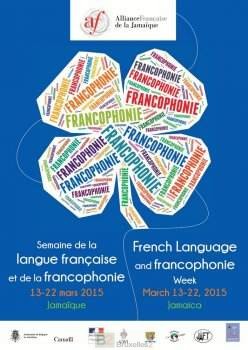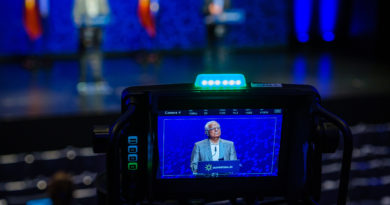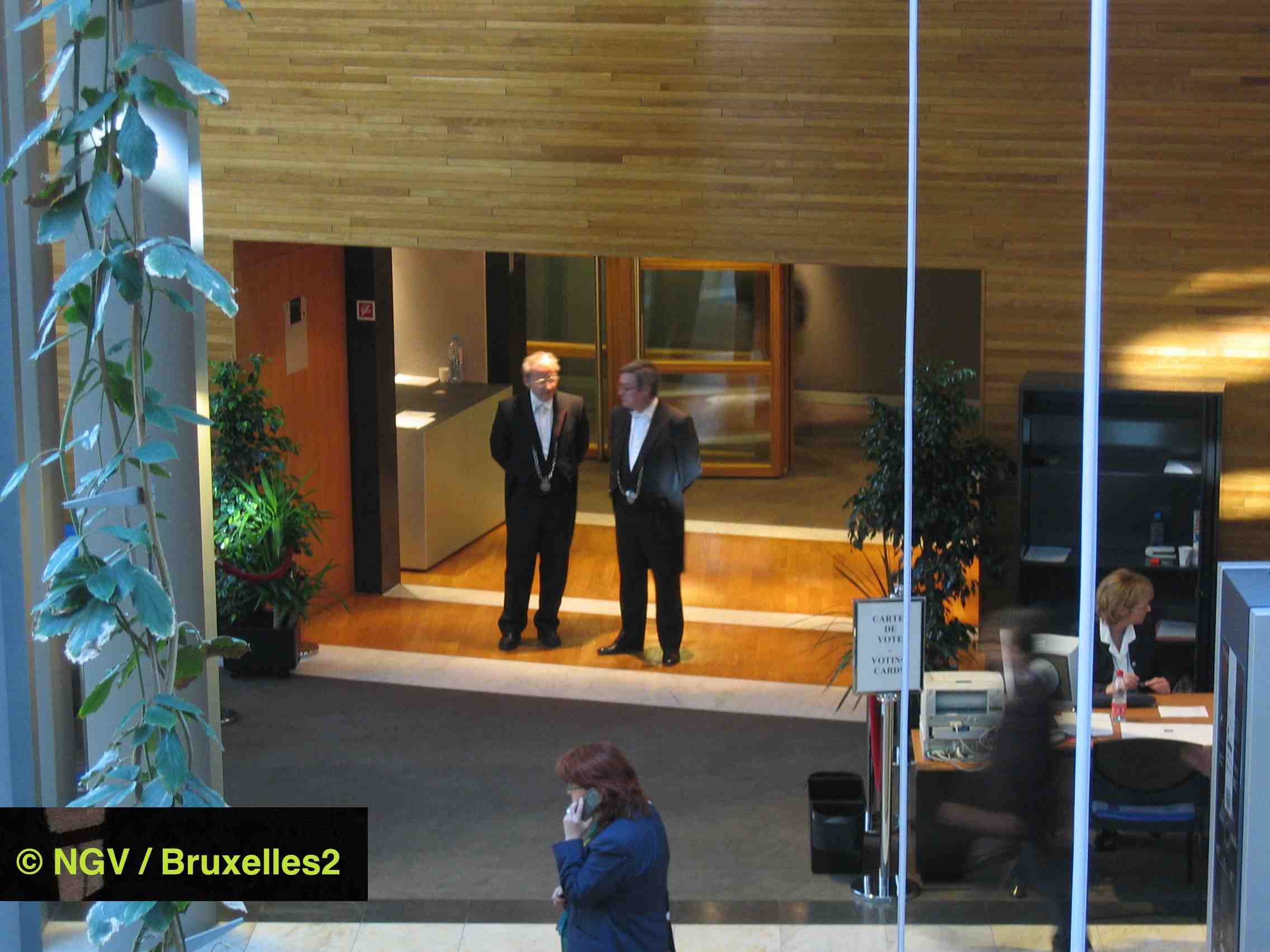Please respect the use of French
 (B2) The association of European journalists of the France section (AJE - France) addressed today, in this international day of la francophonie, to the various European officials, in particular Jean-Claude Juncker (European Commission), Federica Mogherini (High Representative) and Donald Tusk (European Council), a letter to alert them to the noted abandonment of the use of French in the communication of the European Commission as well as the European External Action Service and the European Council. " This situation is of great concern to us. we say.
(B2) The association of European journalists of the France section (AJE - France) addressed today, in this international day of la francophonie, to the various European officials, in particular Jean-Claude Juncker (European Commission), Federica Mogherini (High Representative) and Donald Tusk (European Council), a letter to alert them to the noted abandonment of the use of French in the communication of the European Commission as well as the European External Action Service and the European Council. " This situation is of great concern to us. we say.
If French is still (scrupulously) respected during the daily briefings of the European Commission, it is not the same in the publication of the various communications (official or to the press) as on the various European websites which are, mainly or even exclusively, written in English. Some sites are entirely in English, such as that of the DG " Growth ou Internal Market " or " Migration and Home Affairs », like that of the agency Frontex. Some press releases are exclusively available in English – even when they target French-speaking areas. The same is true of many of the institutions' reports. This is all the more worrying when these questions concern subjects of primary concern for our fellow citizens.
This situation is damaging in more ways than one, not only for the press but also for the European idea which cannot be limited to a single language.
We will not dwell on the obligation resulting from the treaties which has already been decided by the Court of Justice, particularly for competitions. Our point is more about journalistic mechanics and the importance of being understood by citizens.
1. The passage in several languages requires a good understanding of European mechanics. The use of a single language does not allow this. On the contrary, it encourages the installation and the conservation of a “jargon” which has only a remote relation even with the English language.
2. By using only one language, the institutions promote a concentration of English-speaking media and journalists to the detriment of European media diversity and the constitution of an accessible public space. They favor people who are from an English-speaking country or have studied there, to the detriment of others. Which looks like discrimination.
3. By favoring only one language, the European Union introduces a competitive differential between the Anglo-Saxon media and the others. When it comes to quotes from European officials, used in large numbers in our articles, the former will have to cut and paste (2 seconds), the others will have to understand, translate, transpose (which takes more time). In the age of the Internet, this reflects a clear deficit in favor of the former.
4. The quasi-monopolistic use of English is based on the assumption that all European citizens fully master this language. Which is wrong. In many countries, English is only really mastered 100% by a minority of the population. And, on the internet, except in a few circles, the preferential search is done in one's mother tongue and not in English.
5. The result is doubly penalizing for European ideas: these seem the prerogative of a technocratic and elitist minority, anti-European discourse (professed in the national language) seems superior to pro-European discourse. These elements must be reversed.
This is why we ask you: respect for the practice followed up to now, the availability in the three working languages (French, English, German) of all communications to the press made by the European Commission (2 languages work for the CFSP). You will no doubt answer us: the scarcity of resources. This argument is not admissible. Some institutions such as the European Court of Justice or the European Parliament manage to translate a much larger number of texts. And you have enough internal resources fluent in both languages to, failing that, provide a " official » Provide a “courtesy translation” as international organizations do.
Download the Letters of the AJE / Visit the website of theAJE


